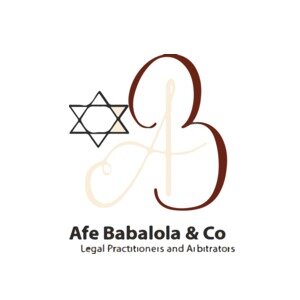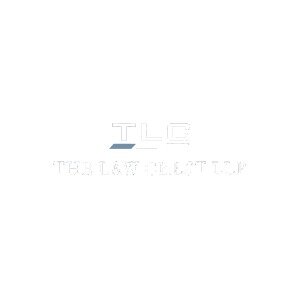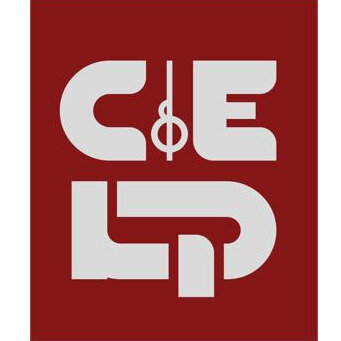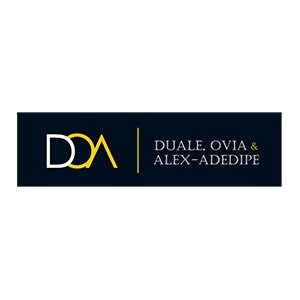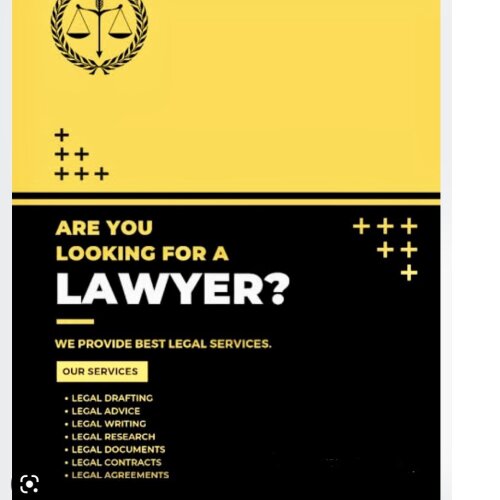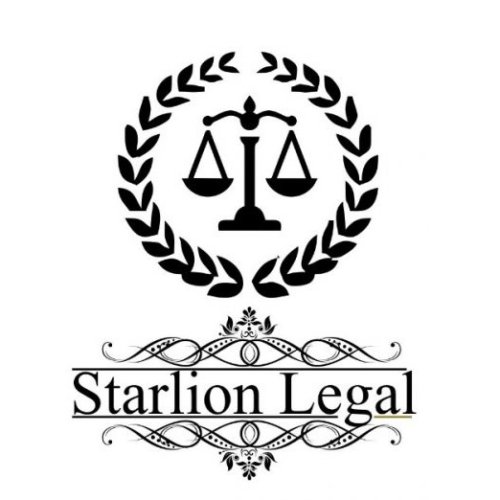About Debt & Collection Law in Nigeria
Debt and collection laws in Nigeria are designed to regulate the practices related to the recovery of debts and to protect the rights of both creditors and debtors. The laws and regulations ensure fair practices in the collection of debt, preventing harassment and unethical collection tactics. In Nigeria, the rules governing debt collection are outlined in various legislation including the Bankruptcy Act, the Companies and Allied Matters Act, and the various laws of contract, among others.
Why You May Need a Lawyer
Seeking legal advice in debt and collection matters can be crucial for several reasons. You may need a lawyer if you are facing harassment from debt collectors, being sued for a debt you believe you do not owe, or if you find the terms of a loan or credit agreement unfair. Businesses may require legal representation to recover large debts or renegotiate terms with creditors. Additionally, if you are dealing with complex financial situations such as insolvency or bankruptcy, a legal expert can provide the necessary guidance and representation.
Local Laws Overview
Nigerian debt collection laws focus on ensuring ethical practices in the collection process. Some key aspects include the prohibition of harassment and intimidation by debt collectors. The Fair Debt Collection Practices Act, though not specific to Nigeria, serves as a good benchmark for fair practices. The Nigerian courts also uphold the principle of contract, thus ensuring that debts are collected according to agreed terms. Furthermore, there are specific laws, like the Money Lenders Law and Parts of the Penal Code and Criminal Code, which make it a criminal offense to engage in fraudulent debt collection activities.
Frequently Asked Questions
What should I do if I am being harassed by a debt collector?
It is important to gather evidence of harassment and report the behavior to the relevant authorities. You may also seek the assistance of a lawyer to act on your behalf.
Can I negotiate a debt settlement in Nigeria?
Yes, debt settlements can often be negotiated with creditors. A lawyer can assist you in reaching an equitable arrangement that satisfies all parties.
What is the statute of limitations on debt in Nigeria?
Generally, the statute of limitations for most debts in Nigeria is six years from the date the debt was acknowledged or a payment was last made.
Are there any protections against unreasonable contract terms?
Yes, Nigerian courts can void contracts with terms found to be unreasonable or signed under duress. Legal advice is often necessary in such matters.
What happens if I am unable to pay my debts?
It is advisable to contact your creditors promptly to explore options such as restructuring or deferment. Legal assistance can also guide you through these processes.
Can my salary be garnished for unpaid debts?
While salary garnishment is not common in Nigeria, a court order is usually needed to allow such actions. Legal consultation is recommended to understand your rights in such scenarios.
How can a business recover unpaid debts?
Businesses can hire legal counsel to pursue debt collection through negotiations, legal suits, or arbitration, depending on the circumstances and contract terms.
What is a debt repayment plan?
A debt repayment plan is an agreement between a debtor and a creditor to repay a debt over time based on the debtor's financial capability. Legal professionals can assist in drafting such plans.
Is bankruptcy considered in Nigerian debt law?
Yes, the Bankruptcy Act governs insolvency and bankruptcy proceedings in Nigeria. Consulting a legal expert is recommended if bankruptcy is being considered.
Can a foreign entity collect debts in Nigeria?
Foreign entities may face unique challenges collecting debts in Nigeria and should seek local legal advice to ensure compliance with Nigerian laws and procedures.
Additional Resources
For additional assistance, individuals and businesses can contact the Nigerian Bar Association for referrals to qualified legal professionals. The Central Bank of Nigeria provides guidelines on financial consumer protection. Also, the Small and Medium Enterprises Development Agency of Nigeria (SMEDAN) offers resources and support for business-related debt issues.
Next Steps
If you need legal assistance in debt and collection matters, consider engaging a lawyer who specializes in debt recovery or insolvency. Start by gathering all relevant documentation concerning your debts or the debts owed to you. Contact a reputable law firm or legal advisor, and schedule a consultation to discuss your specific situation and explore your legal options. Remember, timely legal intervention can prevent further complications and protect your interests.
Lawzana helps you find the best lawyers and law firms in Nigeria through a curated and pre-screened list of qualified legal professionals. Our platform offers rankings and detailed profiles of attorneys and law firms, allowing you to compare based on practice areas, including Debt & Collection, experience, and client feedback.
Each profile includes a description of the firm's areas of practice, client reviews, team members and partners, year of establishment, spoken languages, office locations, contact information, social media presence, and any published articles or resources. Most firms on our platform speak English and are experienced in both local and international legal matters.
Get a quote from top-rated law firms in Nigeria — quickly, securely, and without unnecessary hassle.
Disclaimer:
The information provided on this page is for general informational purposes only and does not constitute legal advice. While we strive to ensure the accuracy and relevance of the content, legal information may change over time, and interpretations of the law can vary. You should always consult with a qualified legal professional for advice specific to your situation.
We disclaim all liability for actions taken or not taken based on the content of this page. If you believe any information is incorrect or outdated, please contact us, and we will review and update it where appropriate.





